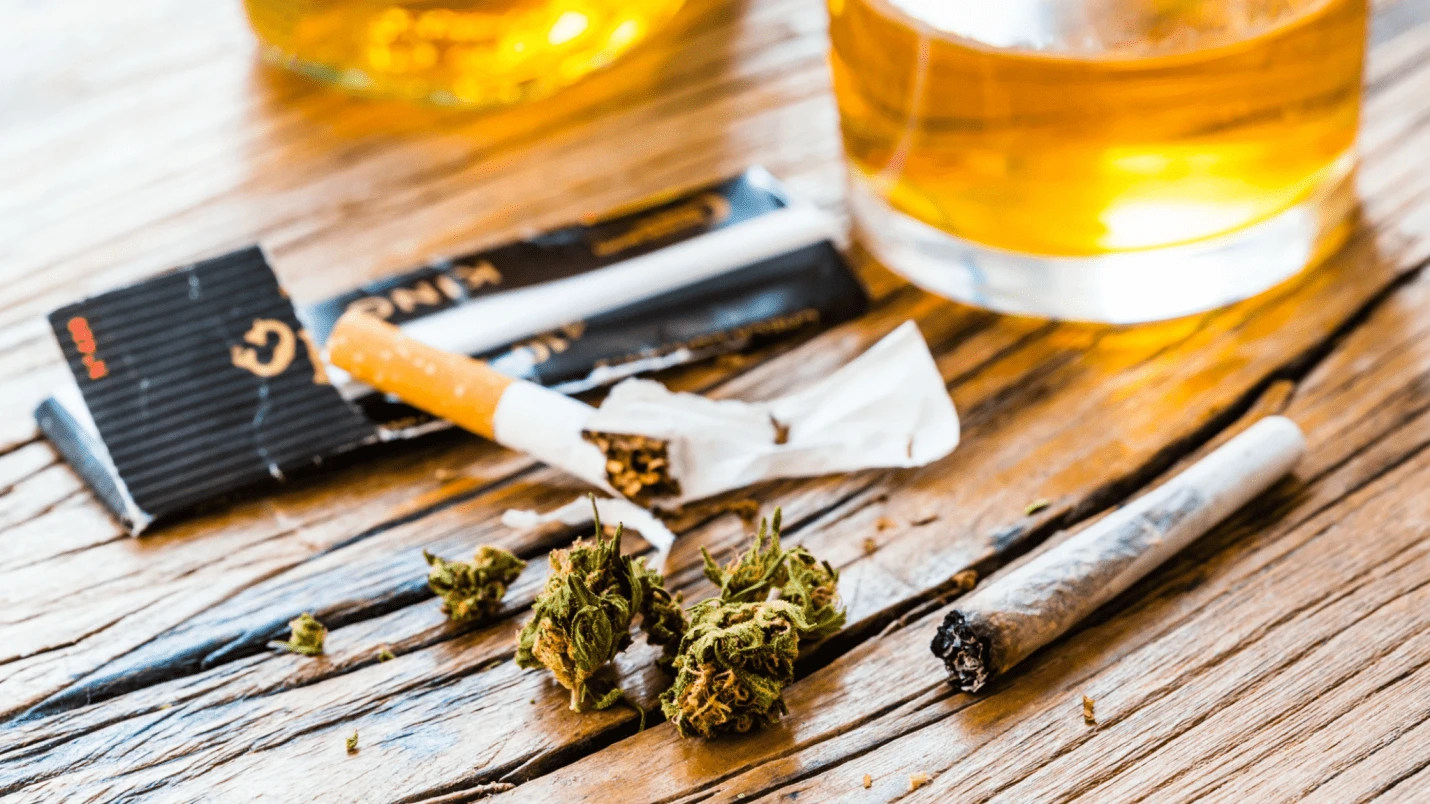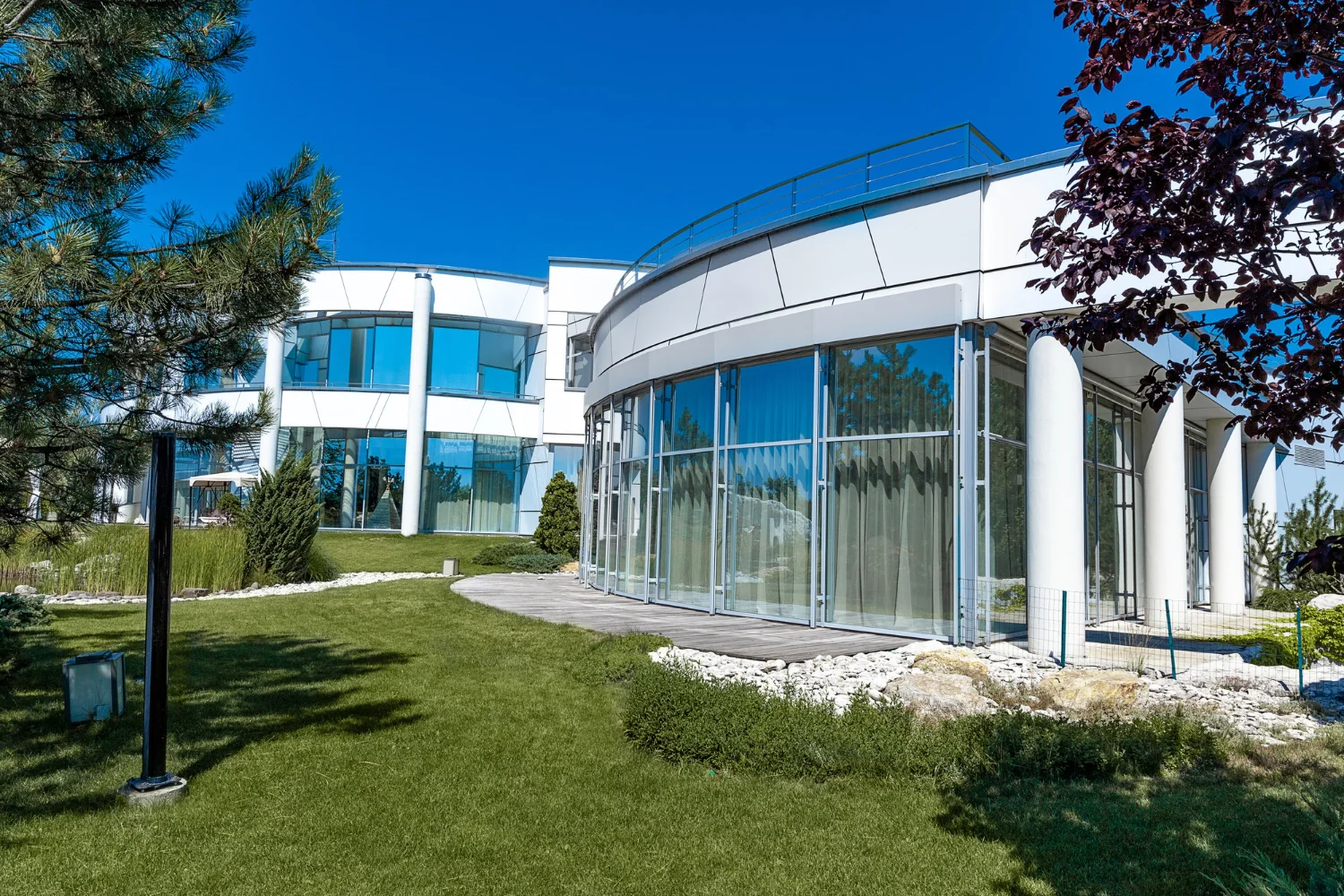607 Best Alcohol and Drug Rehabs in New York 2025
Discover the top alcohol and drug rehab centers in New York, United States. Explore 607 nearby treatment facilities providing inpatient, outpatient, and detox services.
Use filters to search by payment options, amenities, specialty programs, and more to find the perfect treatment for your unique situation.
607 Treatment Centers in New York, US

7.35

7.47
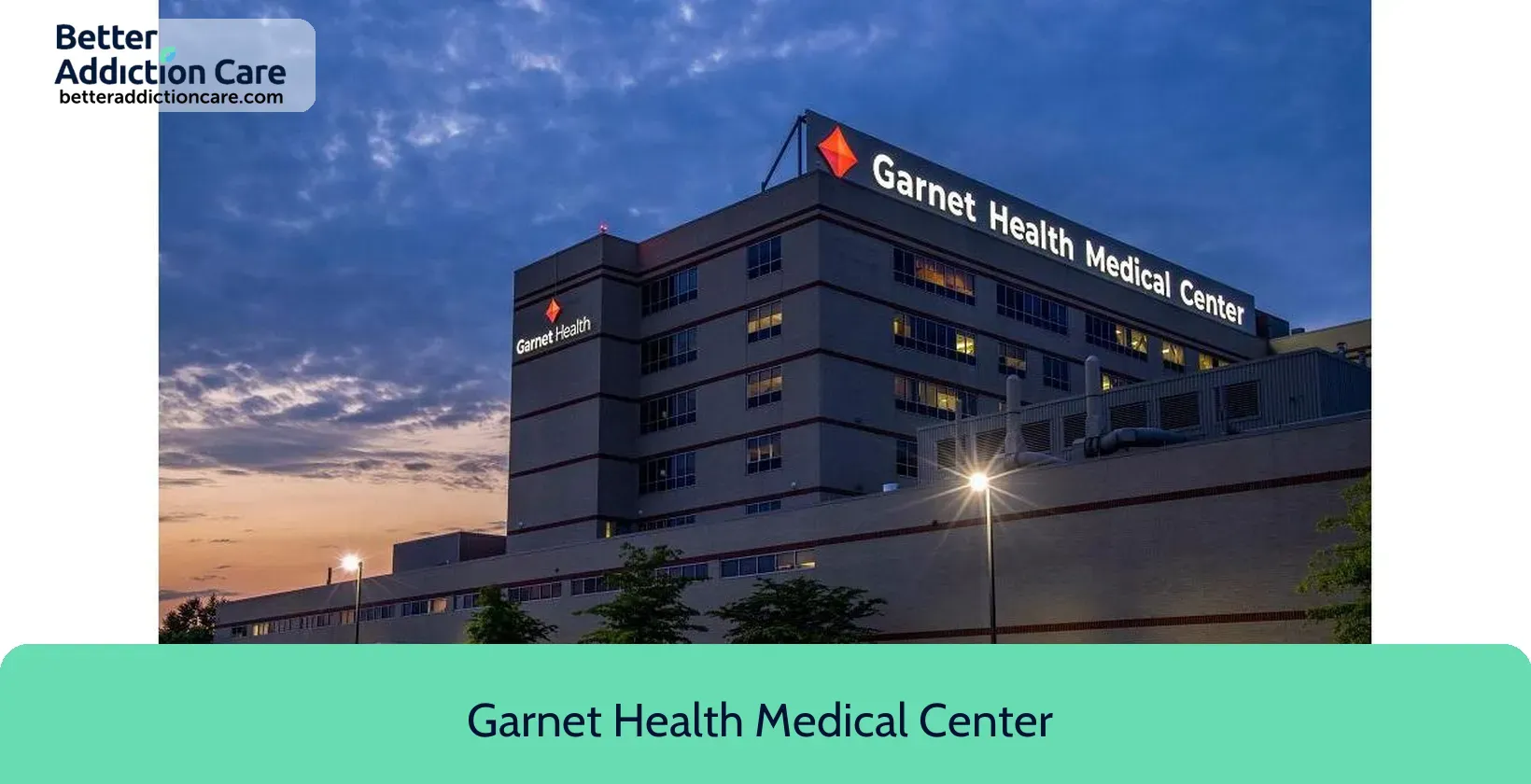
6.82

7.55

7.75

7.39

7.99
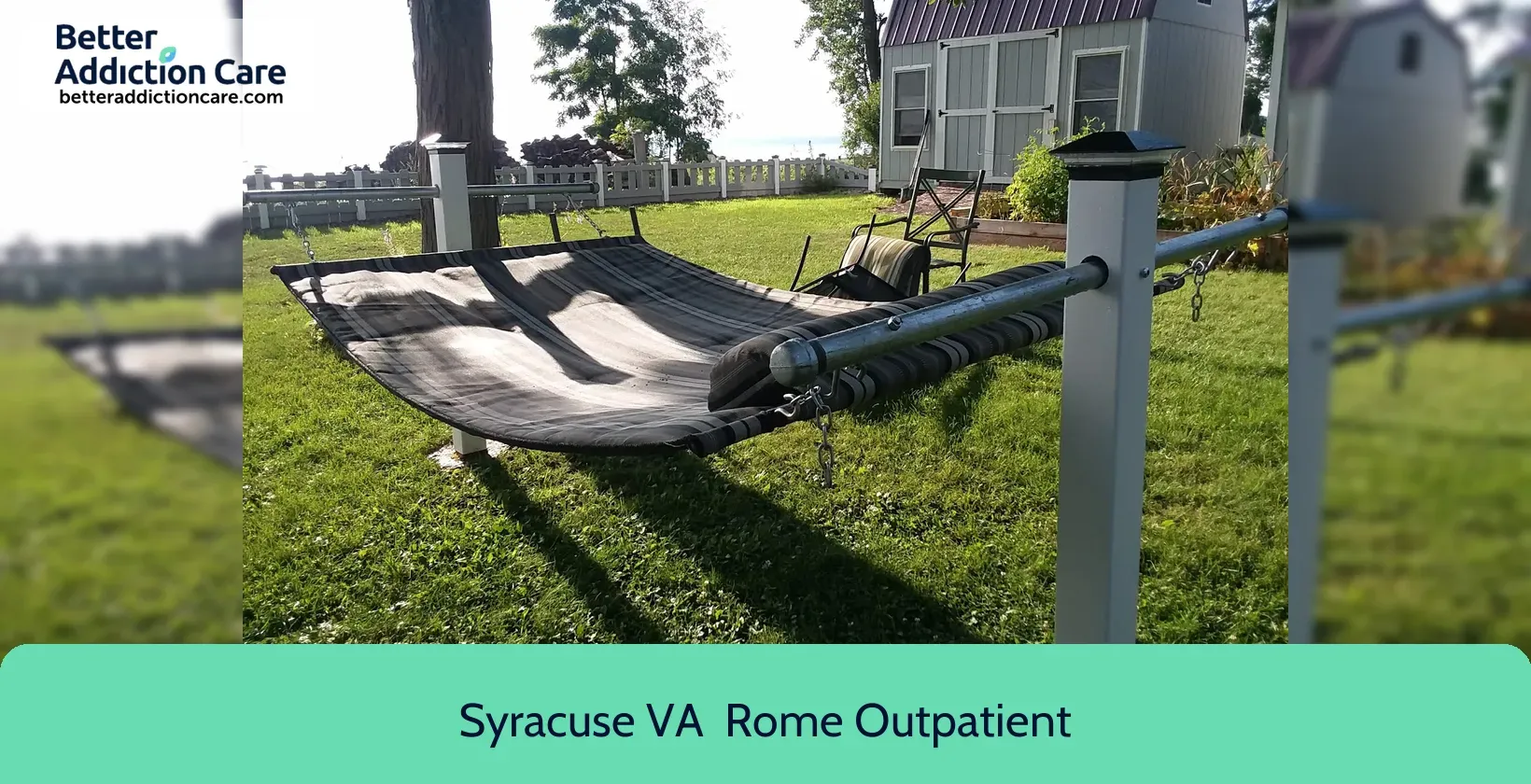
6.85

7.00

7.81

7.86

6.91

7.52
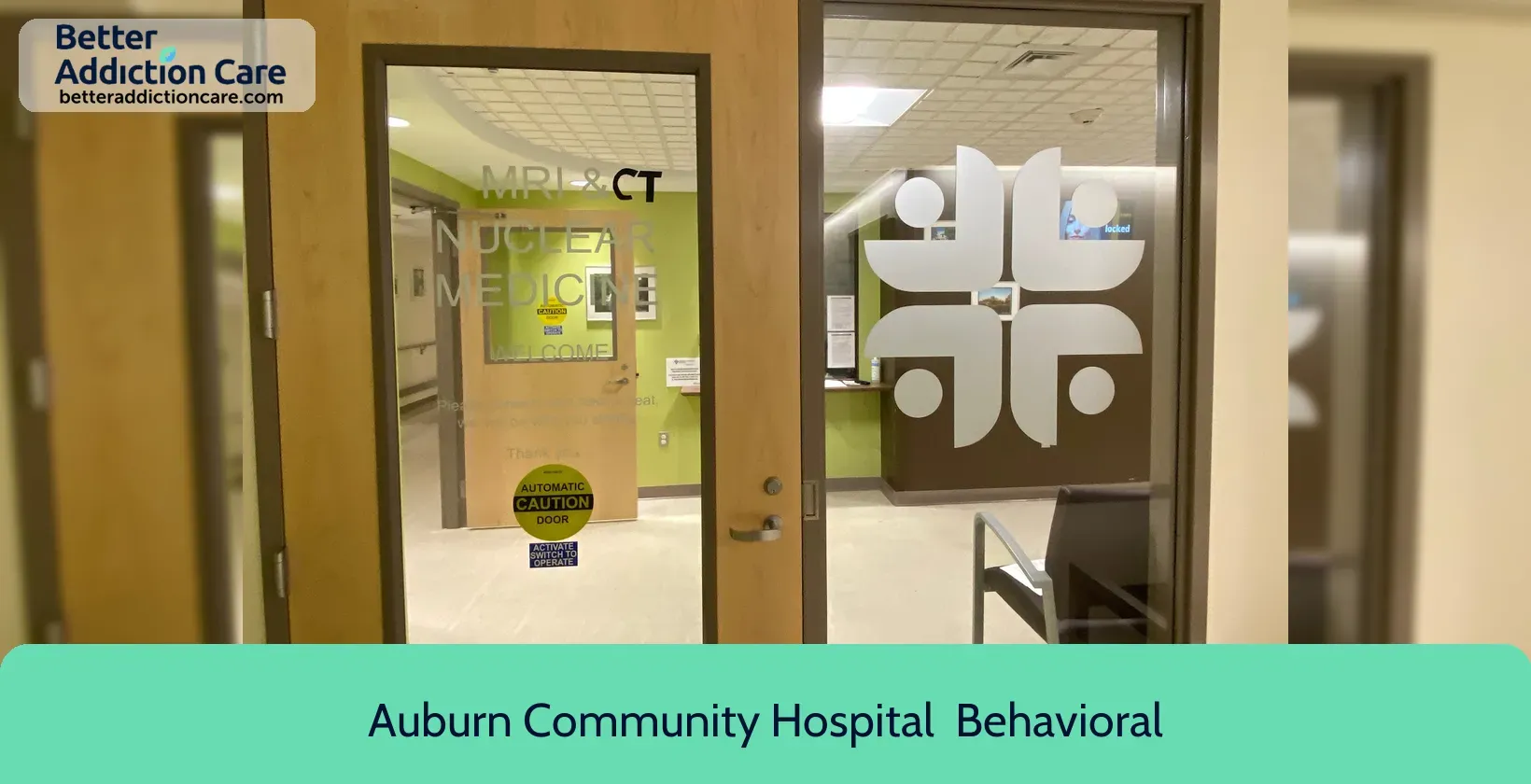
7.13
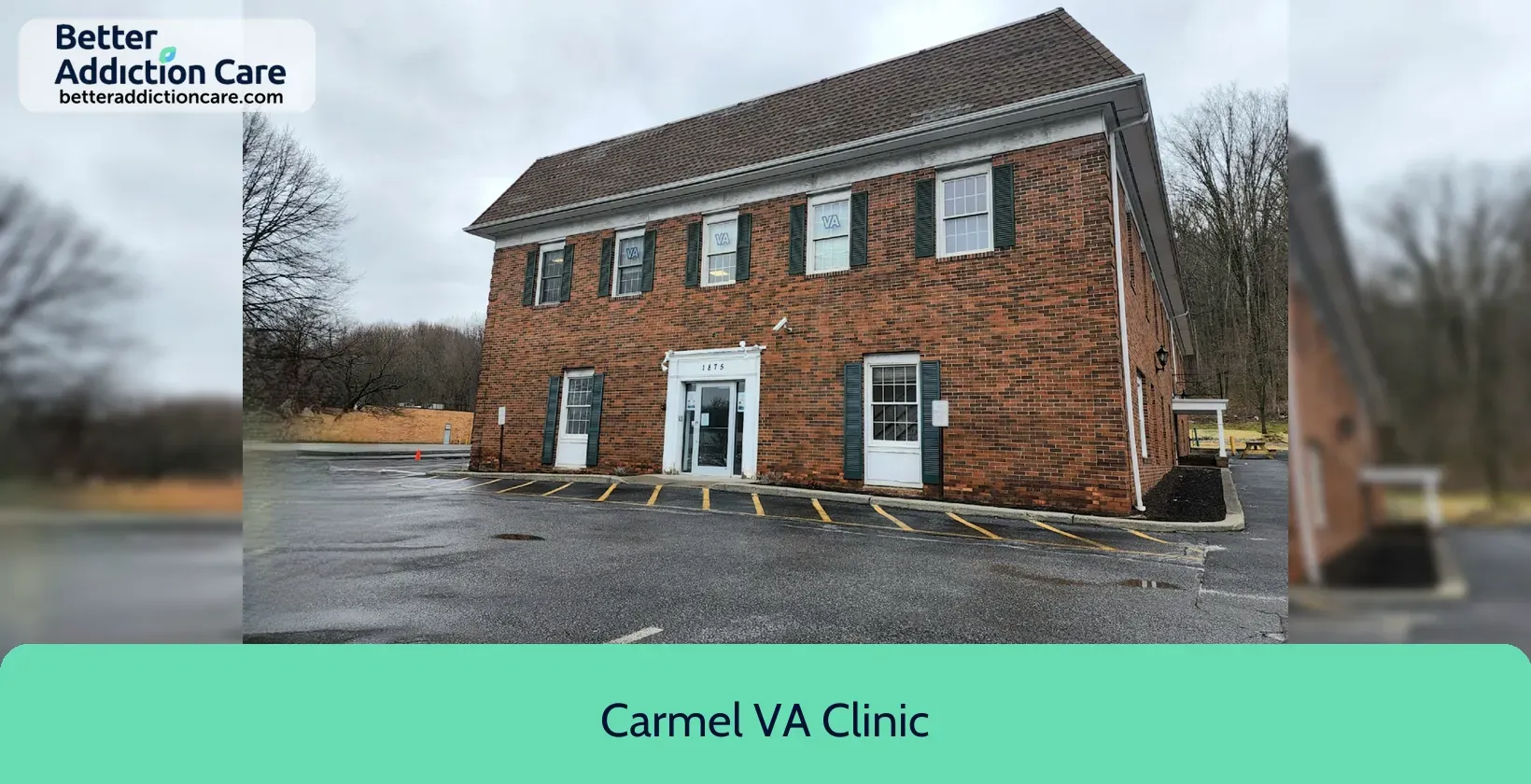
7.09

7.55

7.96

6.97

7.84

7.55

7.49

7.45
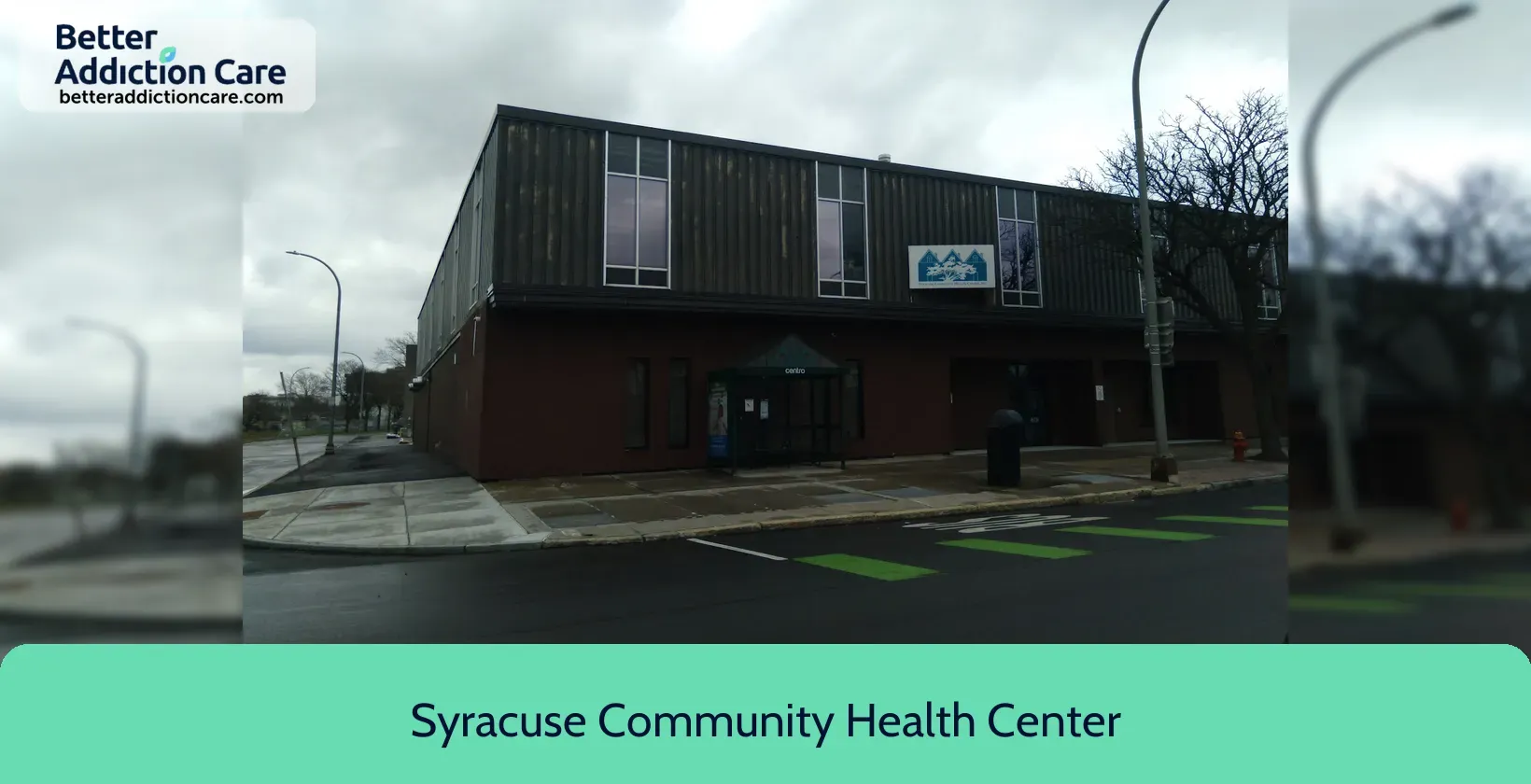
7.81
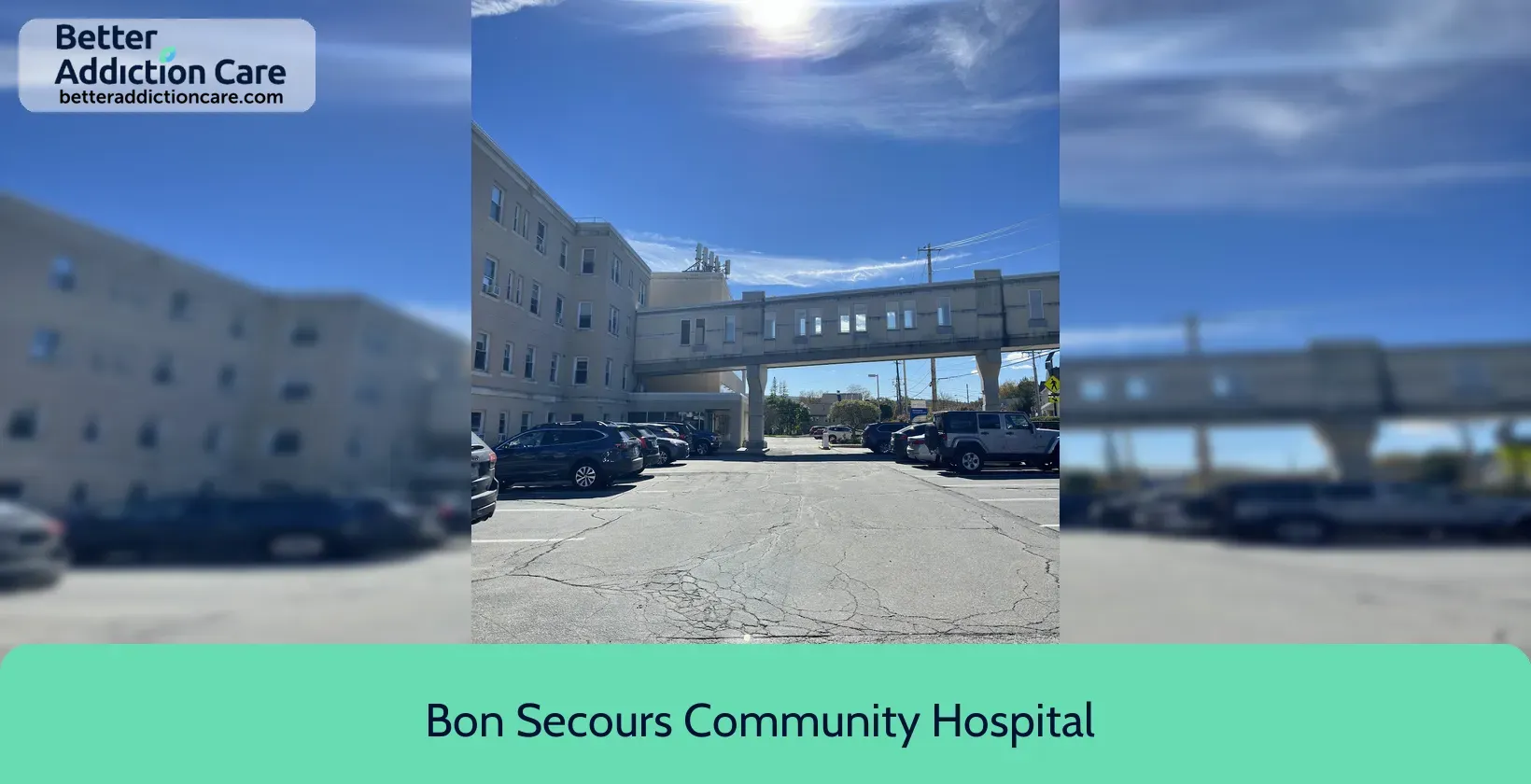
7.48

7.52

7.41

7.12

7.52

7.52

7.57

7.55

7.75

7.63
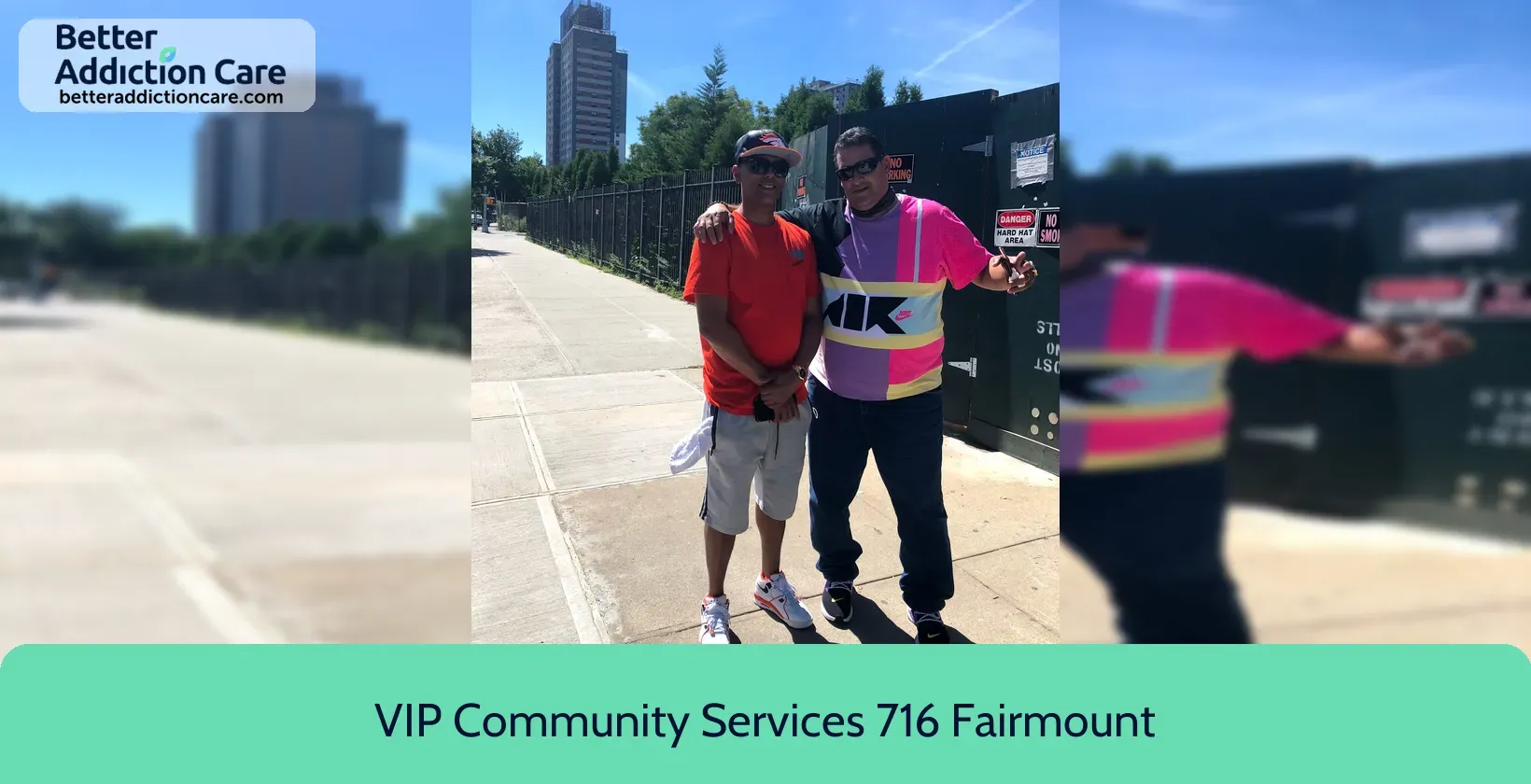
7.26

6.69

7.62

6.85

7.93

6.79

7.81

7.43

7.72

7.07

7.37
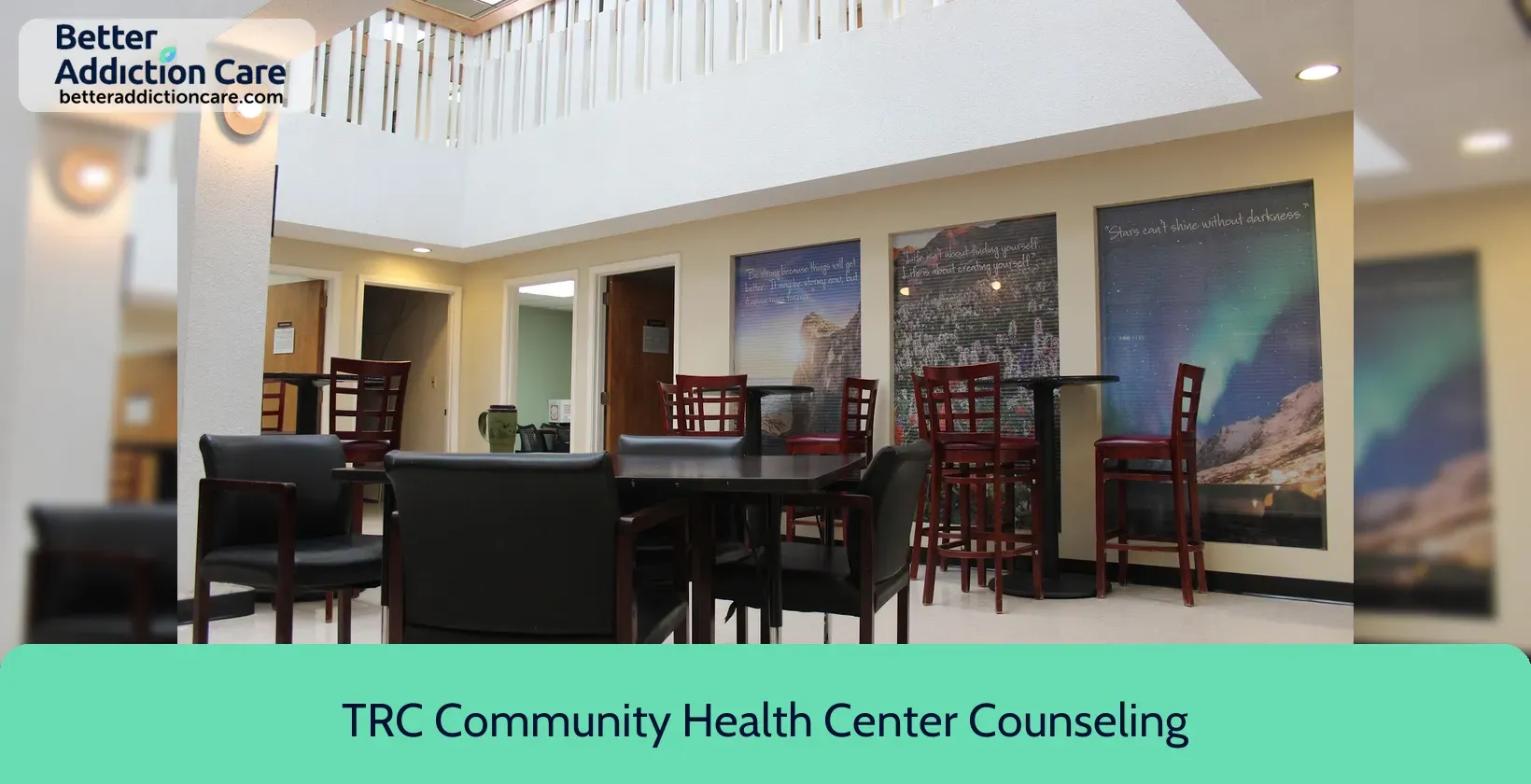
6.81

7.51

7.59
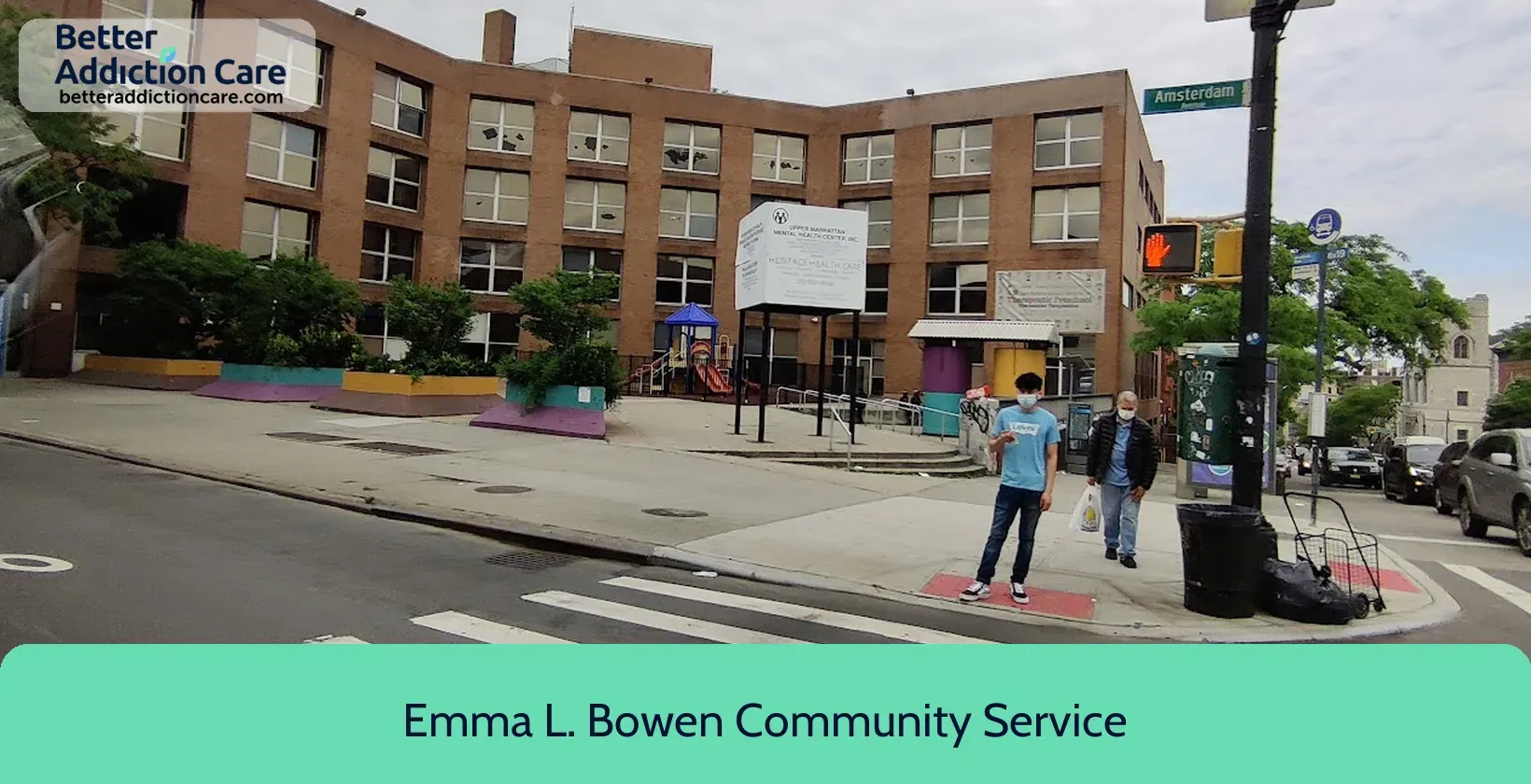
7.63
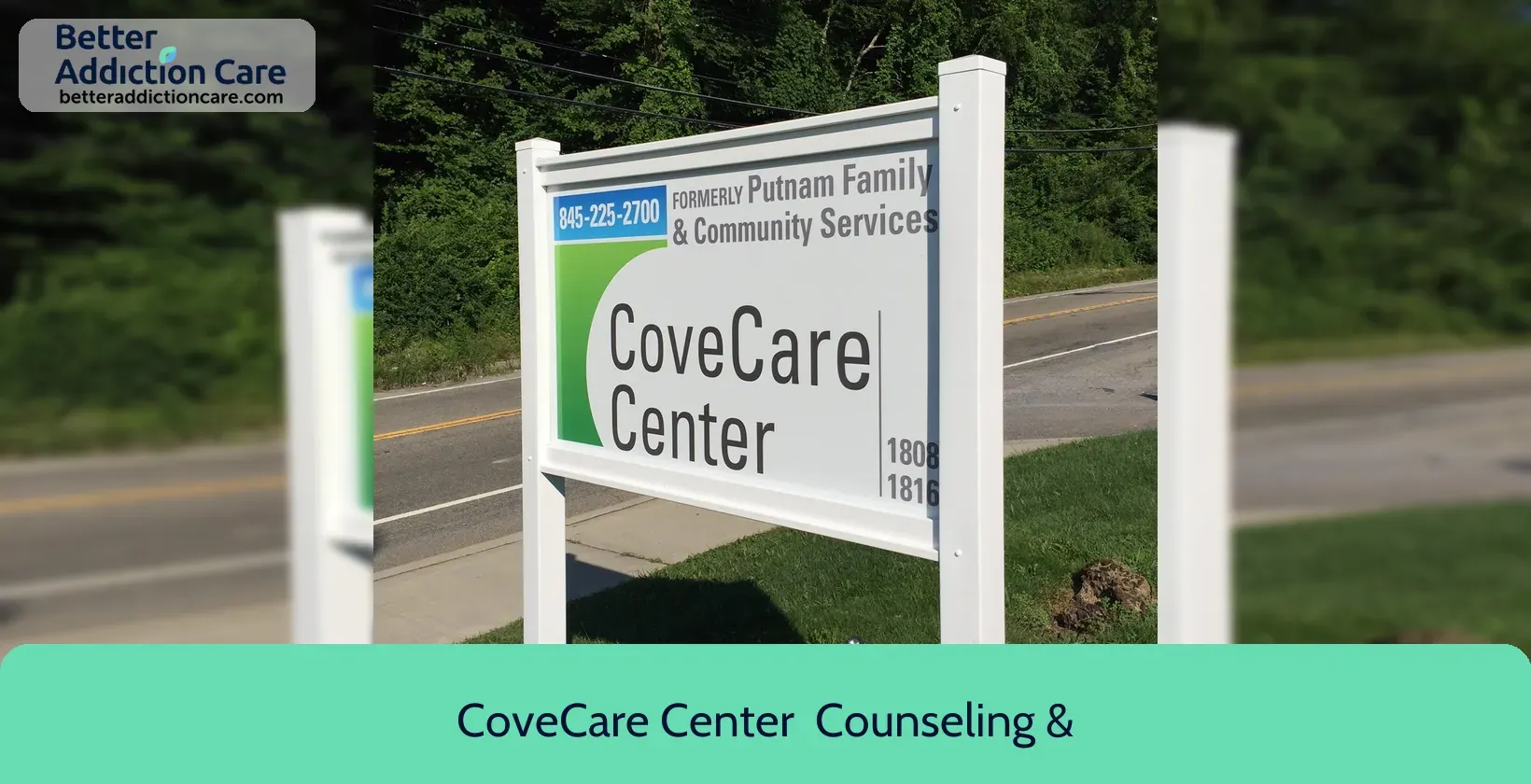
6.89

7.23
Substance abuse and Mental Health facilities Report for New York
22nd
Cheapest To Most Expensive State Rank
998
Substance Abuse Facilities
1,13,028
Number of Patients Annually
1,04,280
Annual Enrollments
$177M
Spent on Outpatient Services (Million)
$1,706.00
Avg Outpatient Rehab Cost
7,109
Residential Admissions
$402M
Spent on Residential Treatment (Million)
$56,653.00
Residential Rehab Pay (Up To)
1,639
Total Patients
5
Free Drug Rehab Facilities
Alcoholism, Drug Abuse, Mental Health, and Treatment in New York

What are the main addictions people in New York suffer from?
The main addictions people in New York suffer from include:
- Alcohol Addiction: 867,000 of individuals aged 12 or older, equating to t 5.2% people have alcohol addiction. 595,000 (68.6%) Men are more likely to experience AUD than 272,000 (31%) women.
- Marijuana Addiction: 297,000 of individuals aged 12 or older, 1.8% people have marijuana addiction. 159,000 (53.5%) Men are more likely to experience marijuana addiction than 138,000 (46.4%) women.
- Opioid Addiction: 87,000 of individuals aged 12 or older, totaling 0.5% people have Opioid Addiction. 55,000 (63%) Men are more likely to experience OUD than 32,000 (36%) women.
- Cocaine Addiction: 117,000 of individuals aged 12 or older, equating to 0.7% people. 89,000 (76%) Men are more likely to experience cocaine addiction than 28,000 23.9(%) women.
- Tobacco Addiction: 3.9 million of individuals aged 12 or older, 23.5% people. 1,990,000 (51%) Men are more likely to use tobacco than 1,910,000 (49%) women.

What is the cost of rehab centers in New York?
The cost of rehab centers in New York is $56,653 for a 30-day program. Inpatient programs, which offer 24-hour care, exceed $60,000 for a similar duration, while outpatient programs are generally more affordable, with average costs ranging from $5,000 to $10,000 for a 30-day program.

The cost of rehab centers in New York vary significantly depending on the type of addiction being treated. For example, opioid addiction often involves medication-assisted therapy, which increases costs by around 20%, raising the total to $67,984. Alcohol addiction, requiring extended detoxification periods, increases costs by 15%, resulting in $65,151. Cocaine addiction, involving intensive therapy sessions, add 10%, bringing the total to $62,318.
The median household income in New York is $81,759, meaning the cost of rehab centers of $56,653 represents about 69% of an annual income, indicating a substantial financial burden for many families. The cost of rehab centers in New York further varies based on the type of facility, with luxury rehab centers offering premium amenities at higher prices.
What is the cost of LGBTQ+ rehab centers in New York?
The cost of LGBTQ+ rehab centers in New York is $55,500 for a 30-day program. Inpatient programs, which offer 24-hour care, exceed $60,000 for a similar duration, while outpatient programs are generally more affordable, with average costs ranging from $5,000 to $10,000 for a 30-day program.
The cost of LGBTQ+ rehab centers in New York vary significantly depending on the type of addiction being treated. For example, opioid addiction often involves medication-assisted therapy, which increases costs by around 20%, raising the total to $67,984. Alcohol addiction, requiring extended detoxification periods, increases costs by 15%, resulting in $65,151. Cocaine addiction, involving intensive therapy sessions, add 10%, bringing the total to $62,318.
The median household income in New York is $81,759, meaning the cost of LGBTQ+ rehab centers of $55,500 represents 67.8% of an annual income, indicating a substantial financial burden for many families. The cost of LGBTQ+ rehab centers in New York further varies based on the type of facility, with luxury rehab centers offering premium amenities at higher prices.
What is the cost of Faith-Based rehab centers in New York?
The cost of Faith-Based rehab centers in New York is $56,000 for a 30-day program. Inpatient programs, which offer 24-hour care, exceed $60,000 for a similar duration, while outpatient programs are generally more affordable, with average costs ranging from $5,000 to $10,000 for a 30-day program.
The cost of Faith-Based rehab centers in New York vary significantly depending on the type of addiction being treated. For example, opioid addiction often involves medication-assisted therapy, which increases costs by around 20%, raising the total to $67,984. Alcohol addiction, requiring extended detoxification periods, increases costs by 15%, resulting in about $65,151. Cocaine addiction, involving intensive therapy sessions, add around 10%, bringing the total to $62,318.
The median household income in New York is $81,759, meaning the cost of Faith-Based rehab centers of $56,000 represents 68% of an annual income, indicating a substantial financial burden for many families. The cost of Faith-Based rehab centers in New York further varies based on the type of facility, with luxury rehab centers offering premium amenities at higher prices.
What is the cost of Men-Only rehab centers in New York?
The cost of Men-Only rehab centers in New York is $54,900 for a 30-day program. Inpatient programs, which offer 24-hour care, exceed $60,000 for a similar duration, while outpatient programs are generally more affordable, with average costs ranging from $5,000 to $10,000 for a 30-day program.
The cost of Men-Only rehab centers in New York vary significantly depending on the type of addiction being treated. For example, opioid addiction often involves medication-assisted therapy, which increases costs by around 20%, raising the total to $67,984. Alcohol addiction, requiring extended detoxification periods, increases costs by 15%, resulting in $65,151. Cocaine addiction, involving intensive therapy sessions, add 10%, bringing the total to $62,318.
The median household income in New York is $81,759, meaning the cost of Men-Only rehab centers of $54,900 represents 67% of an annual income, indicating a substantial financial burden for many families. The cost of Men-Only rehab centers in New York further varies based on the type of facility, with luxury rehab centers offering premium amenities at higher prices.
What is the cost of Women-Only rehab centers in New York?
The cost of Women-Only rehab centers in New York is $53,490 for a 30-day program. Inpatient programs, which offer 24-hour care, exceed $60,000 for a similar duration, while outpatient programs are generally more affordable, with average costs ranging from $5,000 to $10,000 for a 30-day program.
The cost of Women-Only rehab centers in New York vary significantly depending on the type of addiction being treated. For example, opioid addiction often involves medication-assisted therapy, which increases costs by around 20%, raising the total to $67,984. Alcohol addiction, requiring extended detoxification periods, increases costs by 15%, resulting in about $65,151. Cocaine addiction, involving intensive therapy sessions, add 10%, bringing the total to $62,318.
The median household income in New York is $81,759, meaning the cost of Women-Only rehab centers of $53,490 represents about 65% of an annual income, indicating a substantial financial burden for many families. The cost of Women-Only rehab centers in New York further varies based on the type of facility, with luxury rehab centers offering premium amenities at higher prices.
What is the cost of Teen rehab centers in New York?
The cost of Teen rehab centers in New York is $50,900 for a 30-day program. Inpatient programs, which offer 24-hour care, exceed $60,000 for a similar duration, while outpatient programs are generally more affordable, with average costs ranging from $5,000 to $10,000 for a 30-day program.
The cost of Teen rehab centers in New York vary significantly depending on the type of addiction being treated. For example, opioid addiction often involves medication-assisted therapy, which increases costs by 20%, raising the total to $67,984. Alcohol addiction, requiring extended detoxification periods, increases costs by 15%, resulting in $65,151. Cocaine addiction, involving intensive therapy sessions, add 10%, bringing the total to $62,318.
The median household income in New York is $81,759, meaning the cost of Teen rehab centers of $50,900 represents 62% of an annual income, indicating a substantial financial burden for many families. The cost of Teen rehab centers in New York further varies based on the type of facility, with luxury rehab centers offering premium amenities at higher prices.
What is the cost of Young Adult rehab centers in New York?
The cost of Young Adult rehab centers in New York is $52,690 for a 30-day program. Inpatient programs, which offer 24-hour care, exceed $60,000 for a similar duration, while outpatient programs are generally more affordable, with average costs ranging from $5,000 to $10,000 for a 30-day program.
The cost of Young Adult rehab centers in New York vary significantly depending on the type of addiction being treated. For example, opioid addiction often involves medication-assisted therapy, which increases costs by around 20%, raising the total to $67,984. Alcohol addiction, requiring extended detoxification periods, increases costs by 15%, resulting in about $65,151. Cocaine addiction, involving intensive therapy sessions, add 10%, bringing the total to $62,318.
The median household income in New York is $81,759, meaning the cost of Young Adult rehab centers of $52,690 represents about 64% of an annual income, indicating a substantial financial burden for many families. The cost of Young Adult rehab centers in New York further varies based on the type of facility, with luxury rehab centers offering premium amenities at higher prices.
What is the cost of Luxury Rehab centers in New York?
The cost of Luxury rehab centers in New York is $58,000 for a 30-day program. Inpatient programs, which offer 24-hour care, ranging from $30,000 to $75,000 per month, while outpatient programs are generally more affordable, with average costs ranging from $5,000 to $10,000 for a 30-day program.
The cost of Luxury rehab centers in New York vary significantly depending on the type of addiction being treated. For example, opioid addiction often involves medication-assisted therapy, which increases costs by 20%, raising the total to $67,984. Alcohol addiction, requiring extended detoxification periods, increases costs by 15%, resulting in about $65,151. Cocaine addiction, involving intensive therapy sessions, add 10%, bringing the total to $62,318.
The median household income in New York is $81,759, meaning the cost of Luxury rehab centers of $58,000 represents 71% of an annual income, indicating a substantial financial burden for many families. The cost of Luxury rehab centers in New York further varies based on the type of facility, with luxury rehab centers offering premium amenities at higher prices.
What is the cost of Dual Diagnosis rehab centers in New York?
The cost of Dual Diagnosis rehab centers in New York is $53,000 for a 30-day program. Inpatient programs, which offer 24-hour care, exceed $60,000 for a similar duration, while outpatient programs are generally more affordable, with average costs ranging from $5,000 to $10,000 for a 30-day program.
The cost of Dual Diagnosis rehab centers in New York vary significantly depending on the type of addiction being treated. For example, opioid addiction often involves medication-assisted therapy, which increases costs by around 20%, raising the total to $67,984. Alcohol addiction, requiring extended detoxification periods, increases costs by 15%, resulting in about $65,151. Cocaine addiction, involving intensive therapy sessions, add around 10%, bringing the total to $62,318.
The median household income in New York is $81,759, meaning the cost of Dual Diagnosis rehab centers of $53,000 represents 65% of an annual income, indicating a substantial financial burden for many families. The cost of Dual Diagnosis rehab centers in New York further varies based on the type of facility, with luxury rehab centers offering premium amenities at higher prices.
Is drug abuse and addiction a problem in New York?
Yes, drug abuse and addiction is a problem in New York, driven by various factors. Firstly, the widespread availability of substances such as opioids, cocaine, and marijuana has contributed to high rates of substance addictions. For example, New York experienced a surge in opioid-related overdose deaths, increasing from 1,074 in 2014 to over 3,000 in 2024, marking a nearly 180% rise over a decade. Secondly, socioeconomic challenges in urban and rural areas have exacerbated vulnerability to drug misuse, with individuals in low-income communities often facing limited access to prevention and treatment services. Thirdly, the impact of the COVID-19 pandemic intensified mental health issues and stress, leading to a notable increase in drug-related fatalities. In 2024 alone, drug overdose deaths in New York surged by 36% compared to the previous year. These trends underscore the persistent and evolving nature of the drug abuse crisis in New York.
Is alcoholism a problem in New York?
Yes, alcoholism is a problem in New York, affecting individuals and communities across New York. One reason is the high prevalence of excessive alcohol consumption, with 18% of adults in New York engaging in binge drinking, according to recent health surveys. Over the past decade, alcohol-related hospitalizations and emergency visits have steadily increased, with a 22% rise reported between 2014 and 2024. Another reason is the substantial economic and social costs, as alcohol misuse contributes to impaired driving incidents, accounting for nearly 30% of all traffic fatalities in New York in 2024. The COVID-19 pandemic amplified alcohol use disorders, with alcohol sales spiking by 54% during the early months of the pandemic and a corresponding increase in alcohol-related health complications. These trends highlight the pervasive and growing challenges posed by alcoholism in New York.
Is Mental Health a problem in New York?
Yes, mental health is a problem in New York, affecting a growing number of residents. One reason is the increasing prevalence of mental health disorders, with over 1 in 5 adults experiencing a mental health condition annually, a number that has risen by nearly 10% over the past decade. Another reason is the limited access to care, as 40% of individuals with mental health needs in New York report not receiving adequate treatment due to barriers such as cost, stigma, or provider shortages. This gap has worsened, particularly in rural areas and underserved communities. The COVID-19 pandemic has intensified the crisis, with anxiety and depression symptoms doubling among adults during 2024 compared to pre-pandemic levels, as reported by the New York State Health Foundation. These factors demonstrate the growing challenges in addressing mental health issues across New York.
Can you travel to New York for rehab?
Yes, you can travel to New York for rehab, and it offers several distinct advantages that make New York an excellent choice for treatment. Firstly, New York has a wide range of specialized rehab centers, including those catering to specific needs such as LGBTQ+ communities, faith-based treatment, and luxury facilities, ensuring personalized care for diverse populations. Secondly, New York provides access to some of the nation’s top medical professionals and addiction specialists, supported by advanced treatment methods and comprehensive care plans. Thirdly, the geographic and cultural diversity of New York allows for varied settings, from tranquil upstate retreats ideal for recovery in a serene environment to urban centers offering extensive resources and community support programs. These unique features make New York a standout destination for effective rehab and long-term recovery.
Can addiction be treated in New York?
Yes, addiction can be treated in New York, and New York offers several key advantages for effective recovery. Firstly, New York is home to numerous accredited rehab centers that provide evidence-based treatments, including medication-assisted therapy, cognitive-behavioral therapy, and holistic approaches tailored to individual needs. Secondly, the state of New York has robust support systems, including community programs and recovery networks, ensuring continued care and assistance post-treatment.
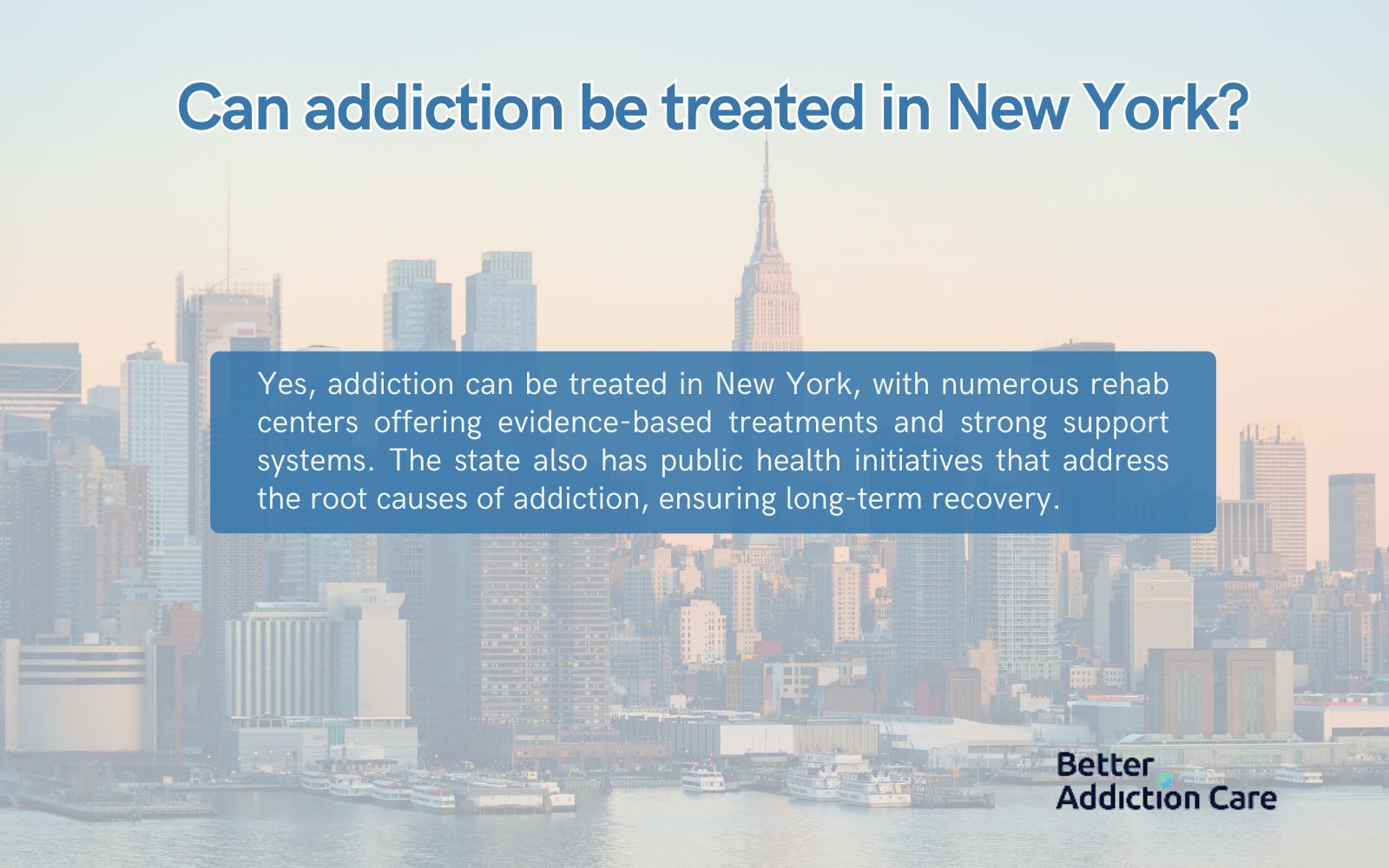
Thirdly, New York has implemented comprehensive public health initiatives, such as overdose prevention programs and expanded access to mental health services, which address the underlying factors contributing to addiction. These resources make New York a capable and supportive environment for treating addiction and promoting long-term recovery.
What is the state of New York?
The state of New York is in the United States, located in the northeastern region of the country. It is bordered by Vermont, Massachusetts, and Connecticut to the east; New Jersey and Pennsylvania to the south; the Atlantic Ocean to the southeast; and Canada to the north and west. The state of New York has a population of 19.84 million people, with 9.7 million males and 10.1 million females, according to the latest census data. Economically, New York is one of the wealthiest states in the U.S., boasting a gross state product of over $1.9 trillion in 2024. It is a global financial hub, home to Wall Street and numerous multinational corporations, though economic disparities exist between urban areas like New York City and more rural regions upstate.
What is the population of New York?
The population of New York is 19,336,776, with 9,390,497 males (48.6%) and 9,946,279 females (51.4%). The age distribution is as follows: 20.65% are under 18 years old, 62.34% are between 18 and 64, and 17.02% are 65 or older. The largest age group is 30 to 34 years, comprising about 7.19% of the total population. This demographic breakdown highlights a relatively balanced gender ratio and a diverse age distribution across the state of New York
What is the income of people from New York?
The income of people from New York is $47,173, per capita income. The median household income stands at $81,386. Income levels vary across different age groups and between genders. Households led by individuals aged 45 to 64 years report the highest median household income at $100,436. This is followed by those aged 25 to 44 years, with a median income of $97,556. Householders under 25 years have a median income of $45,548, while those 65 years and over have a median income of $58,163. These disparities reflect broader economic trends observed across the United States.
Local Rehabs in New York
Common Questions About Better Addiction Care
Take a look at our FAQ. We've tried to fill it with all the answers you're looking for. And if not, contact us on (800) 429-7690.
The average total cost of rehab in the state of New York is $56.653. Moreover, daily fees without insurance can ascend to $629.48. Having insurance can significantly reduce the daily costs of inpatient rehab to $251.79 and $125.90 if the insurance company covers 60% and 80%, respectively.
Detoxification is an important part of most rehab programs. Although it is not painful at all, it can be very challenging in cases of severe addiction, where individuals tend to experience drug withdrawal symptoms.
The short answer is: No. Rehabilitation is the process in which you get to decrease or quit the consumption of illegal substances under the supervision of healthcare professionals who will guide you through every step of the way.


